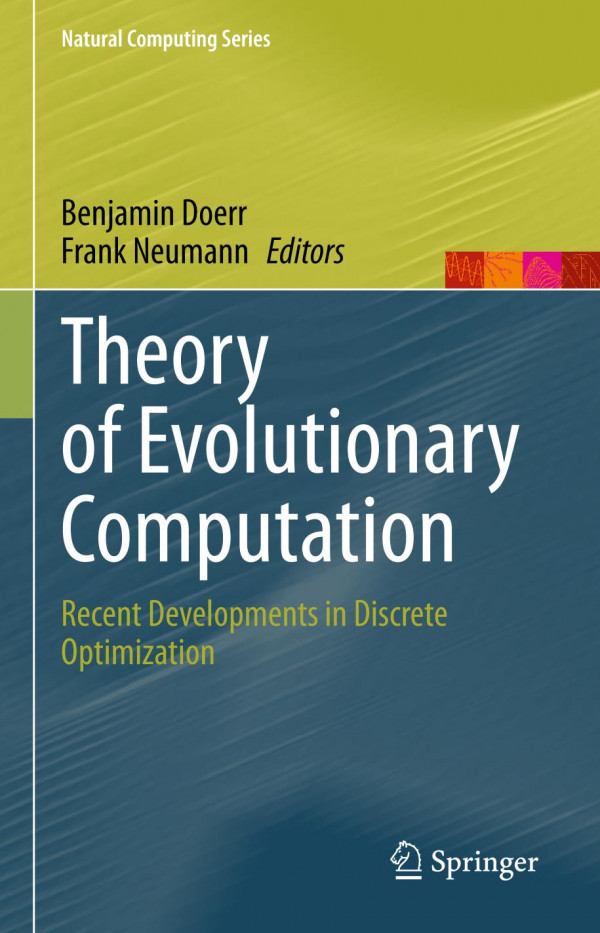

Most ebook files are in PDF format, so you can easily read them using various software such as Foxit Reader or directly on the Google Chrome browser.
Some ebook files are released by publishers in other formats such as .awz, .mobi, .epub, .fb2, etc. You may need to install specific software to read these formats on mobile/PC, such as Calibre.
Please read the tutorial at this link: https://ebookbell.com/faq
We offer FREE conversion to the popular formats you request; however, this may take some time. Therefore, right after payment, please email us, and we will try to provide the service as quickly as possible.
For some exceptional file formats or broken links (if any), please refrain from opening any disputes. Instead, email us first, and we will try to assist within a maximum of 6 hours.
EbookBell Team

4.3
68 reviewsThis edited book reports on recent developments in the theory of evolutionary computation, or more generally the domain of randomized search heuristics.
It starts with two chapters on mathematical methods that are often used in the analysis of randomized search heuristics, followed by three chapters on how to measure the complexity of a search heuristic: black-box complexity, a counterpart of classical complexity theory in black-box optimization; parameterized complexity, aimed at a more fine-grained view of the difficulty of problems; and the fixed-budget perspective, which answers the question of how good a solution will be after investing a certain computational budget. The book then describes theoretical results on three important questions in evolutionary computation: how to profit from changing the parameters during the run of an algorithm; how evolutionary algorithms cope with dynamically changing or stochastic environments; and how population diversity influences performance. Finally, the book looks at three algorithm classes that have only recently become the focus of theoretical work: estimation-of-distribution algorithms; artificial immune systems; and genetic programming.
Throughout the book the contributing authors try to develop an understanding for how these methods work, and why they are so successful in many applications. The book will be useful for students and researchers in theoretical computer science and evolutionary computing.